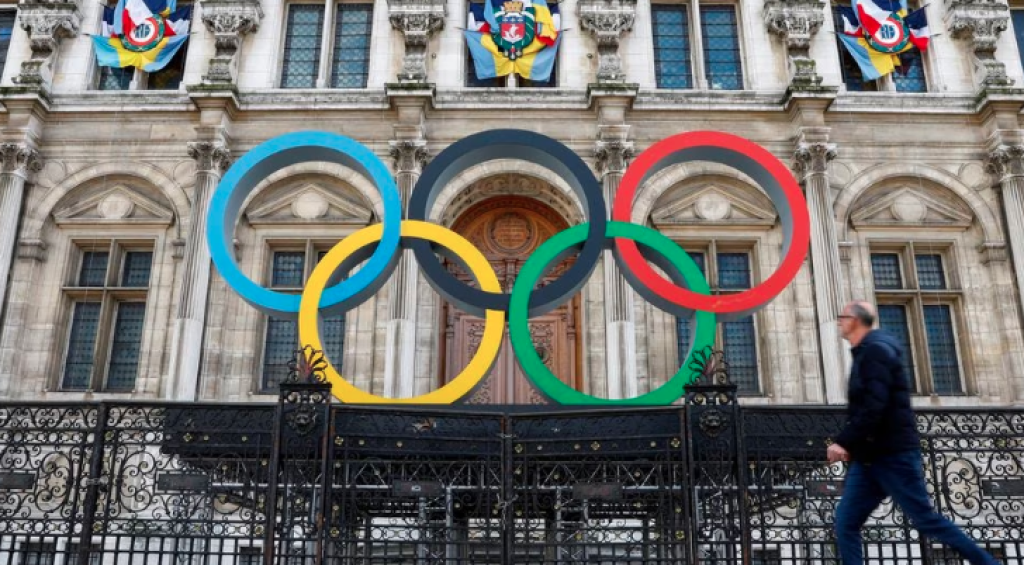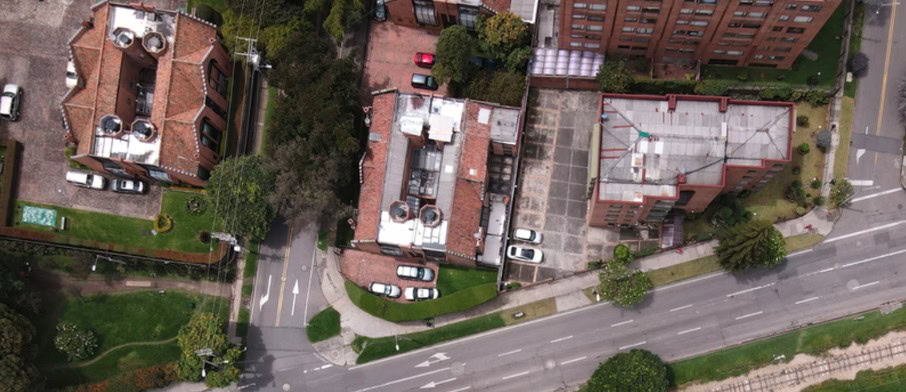France’s National Assembly on Thursday approved the use of Artificial Intelligence (AI) video surveillance during the 2024 Paris Olympics, overlooking warnings from civil rights groups that the technology posed a threat to civil liberties.
The government says algorithmic video surveillance can detect “pre-determined events”, abnormal behaviour and crowd surges, helping ensure the safety of millions of tourists who are expected to flood the French capital next summer.
With favourable preliminary votes in the Senate and Assembly, the biggest legislative hurdles have been cleared, though it could be challenged at the highest constitutional court.
If formally adopted, France would become the first country in the European Union to legalise AI-powered surveillance. That would be setting a worrying surveillance precedent, a group of several dozen European lawmakers said last week.
Justifying the technology, Stephane Mazars, an MP with President Emmanuel Macron’s Renaissance party, said that “in front of the whole world, France will need to rise to the meet the greatest security challenge in its history.”
The plan to deploy AI surveillance has met strong resistance from rights groups such as Amnesty International and digital rights groups. They argue the technology poses a threat to civil freedoms and draws a dangerous line in the sand.
The text was voted by a margin of 59-17 in favour, in the 577-seat chamber.
The debate in France comes as the European Union is discussing its own AI Act, a landmark piece of EU legislation governing the use of artificial intelligence in Europe that has been in the works for over two years.
Apart from uses of AI by companies, the EU legislation will also look at AI used in public sector and law enforcement.
France’s privacy watchdog, CNIL, is backing the French government’s bill on the condition that no biometric data is treated. Proponents of the bill say this is the case, but privacy specialists are sceptical.
“You can do two things: object detection or analysis of human behaviour – the latter is the processing of biometric data,” said Daniel Leufer, policy advisor at digital rights organisation Access Now, which is advocating for the banning of biometric data collection in public spaces in the EU’s AI Act.
Ruling party lawmaker Sacha Houlie, who chairs parliament’s Committee on Legal Affairs, told the lower house that AI could have helped prevent the 2016 Nice attack by identifying the movements of a truck used to plough through a crowd as suspicious. The technology could also have helped avert the crowd chaos at the Champions League Final in Paris last year, he said.
Both the Senate and Assembly have now approved the bill text. A joint-chamber committee will seek compromise on any differences in the text that they agreed on during the debate.
Access Now’s Leufer questioned the utility of AI in spotting would-be attackers because of the complexities in training algorithms on rare incidents.
“AI is not good at that type of thing (because) on a technical level, you have to give a machine loads of examples,” he said.
Source : Reuters







































































